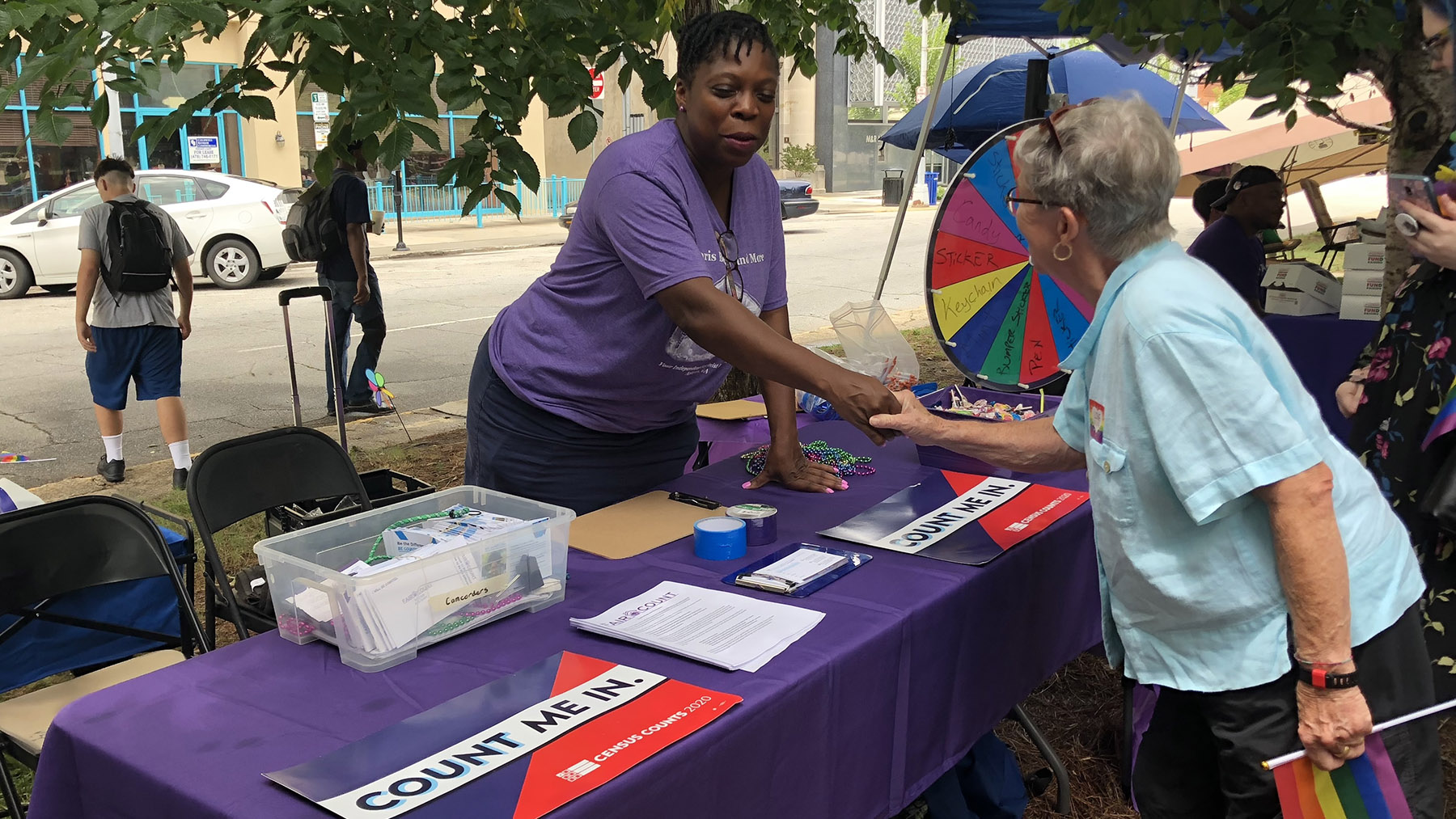What is the Census?
The Census is a survey that collects basic information on all of the people in the United States. The United States Constitution requires the government to perform a census every 10 years.
The results of the census are integral to our functioning democracy. Some of the ways the data is used include:
- Steering hundreds of billions of dollars every year to every community in the nation
- Informing businesses and employers about opportunities for economic development and job creation
- Guiding Reapportionment and Redistricting from our political districts to school zones

Who is Counted?
The census seeks to count all people residing in the United States at the location where they lay their heads. All people means US citizens, undocumented persons, immigrants, children, senior citizens – everyone.
What are Historically Undercounted Populations and areas?
Every 10 years the census undercounts certain populations because they may be hard to locate, hard to contact, hard to persuade, or hard to interview. Often this means immigrants, people of color, small children, renters, low-income people, undocumented persons, or people who move around a lot. The Census Bureau calls populations that fit into this category “Historically Undercounted Populations” or HUP populations.
Fair Count is committed to finding and engaging these populations. An undercount results directly in their loss of services, investments, and political power.
Immigrants
People of Color
Small Children
Renters
Low-Income People
Undocumented Persons
How Will I Receive my Census Form?
In March 2020, people living in the United States received notice through the mail, along with a Personal Identification Number (PIN), to go online or call a toll-free number to complete their census.
One person per household will complete the census for the entire household. That person should count everyone — even if someone staying with them is outside of the family or is temporarily living there.

Why is participating in the 2020 Census important?
Everything is at stake in 2020, but probably not in the way you think. Every 10 years the Census Bureau counts every person in America, and that count steers hundreds of billions of dollars toward critical services like health care and education, guides the drawing of lines for political districts and school zones, and informs businesses and employers about opportunities for growth and economic development.
Health Care
Education
Economic development
Too often, people are missed in the Census. When that happens, those people and their communities don’t get their fair share of resources and political power.
For every person who goes uncounted in Georgia, it’s estimated that the state loses $2,300 in funding every year. And when certain groups of people are undercounted by the tens of thousands, that adds up to a lot of money that should go into their communities – money for critical services like health care, Head Start program slots, highways, roads and bridges, Medicaid, and more.
The bottom line:
If you aren’t counted, you simply won’t count.
We won’t have a fair, prosperous Georgia — where every person counts equally — unless every person is counted.
